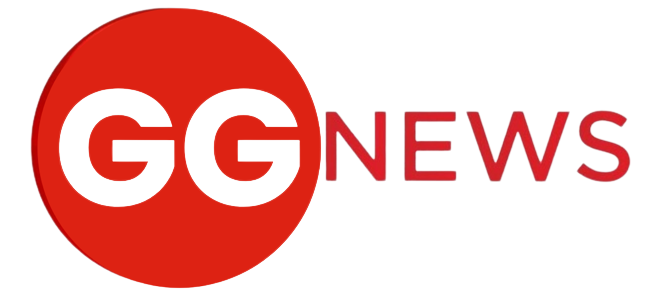Certainly! Let’s weigh the pros and cons of secured and unsecured loans:
Secured Loans:
Pros:
- Higher Loan Amounts: Since these loans are backed by collateral (like your home or car), lenders are more willing to offer larger loan amounts.
- Lower Interest Rates: Secured loans often come with lower interest rates compared to unsecured loans. The collateral provides security for the lender.
- Easier Approval: If you have a valuable asset to use as collateral, your chances of loan approval may be higher, even if you have a lower credit score.
- Longer Repayment Terms: Secured loans may offer longer repayment periods, resulting in lower monthly payments.
Cons:
- Risk of Losing Collateral: The most significant drawback is that if you fail to repay, the lender can seize the collateral. For example, defaulting on a mortgage can lead to foreclosure.
- Lengthy Approval Process: Secured loans may involve a more extended approval process due to the need for collateral assessment and verification.
- Limited Eligibility: If you don’t have valuable assets to use as collateral, you may not qualify for a secured loan.
Unsecured Loans:
Pros:
- No Collateral Risk: One of the major advantages is that you don’t risk losing your assets if you can’t repay the loan since there is no collateral involved.
- Faster Approval: Unsecured loans generally have a quicker approval process as there’s no need for collateral evaluation.
- Wider Eligibility: People without valuable assets can still qualify for unsecured loans, making them more accessible to a broader range of individuals.
Cons:
- Higher Interest Rates: Unsecured loans typically come with higher interest rates since lenders face more risk without collateral.
- Smaller Loan Amounts: The absence of collateral means lenders may be cautious about offering large loan amounts, especially to those with lower credit scores.
- Shorter Repayment Terms: Unsecured loans often have shorter repayment periods, leading to higher monthly payments.
In summary, the choice between secured and unsecured loans depends on your financial situation, credit score, and the level of risk you’re comfortable with. If you have valuable assets and are looking for a larger loan with lower interest rates, a secured loan might be suitable. On the other hand, if you don’t want to risk your assets and need a quicker, smaller loan, an unsecured loan could be the better option.
